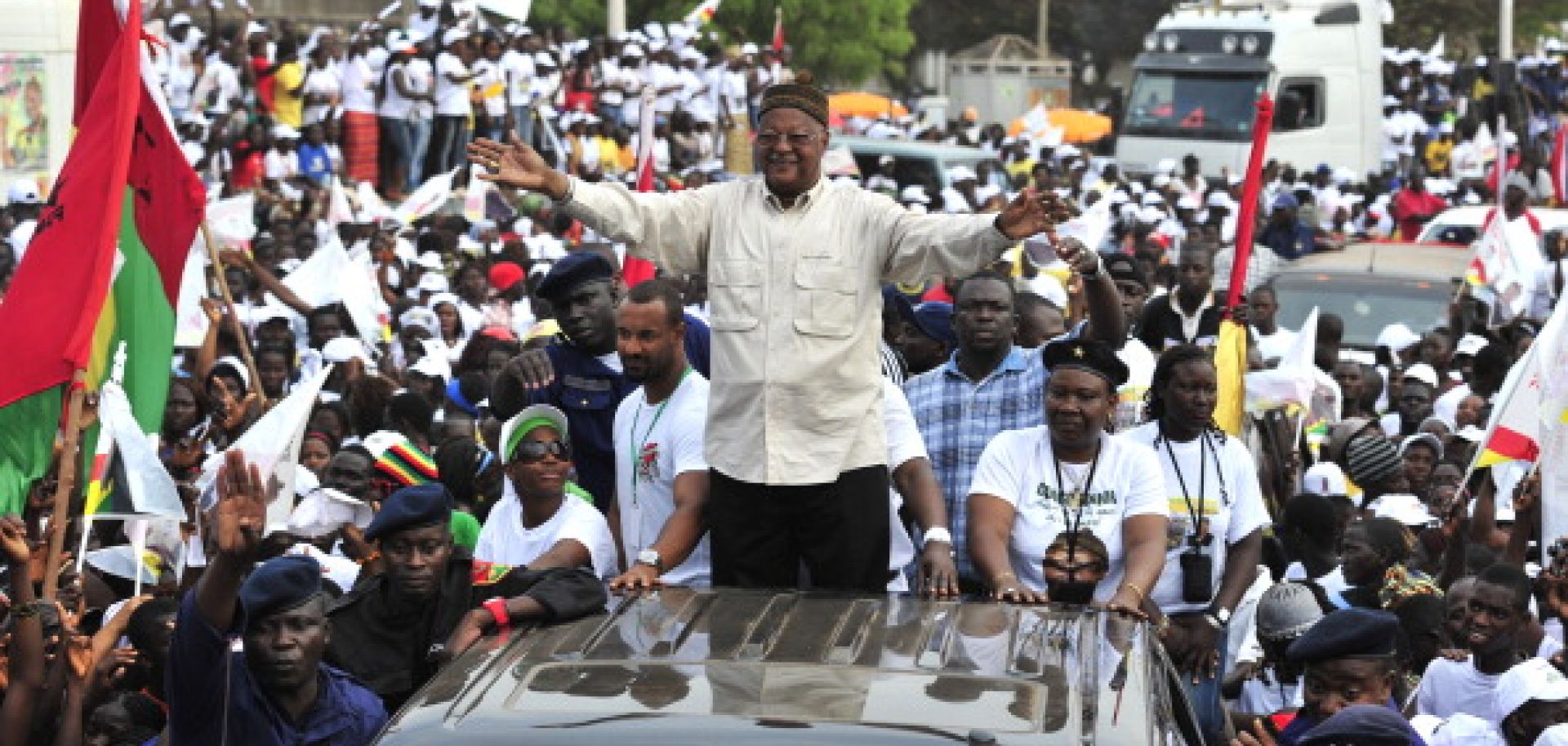ASSESSMENTS
The Limits of Security Reform in Guinea-Bissau
Mar 22, 2012 | 18:19 GMT

ISSOUF SANOGO/AFP/Getty Images
Summary
After one round of voting in Guinea-Bissau's presidential election, former Prime Minister Carlos Gomes Jr. is poised to become the West African country's next president, pending a runoff March 25 that Gomes is expected to win handily. Despite claims from his primary opponent and others that the polling was rigged, international observers declared the election largely free, fair and peaceful. Such elections are rare in Guinea-Bissau, where power more often changes hands through violence.
Guinea-Bissau is a notorious hub for the trafficking of cocaine from Latin America to Europe, and some members of its military have profited off fees charged to facilitate the trade. (The military's collaboration goes as high as the navy and air force chiefs — Rear Adm. Jose Americo Bubo Na Tchuto and Gen. Ibraima Papa Camara, respectively — who were designated as drug traffickers by the U.S. Treasury Department in 2010 for their involvement in cocaine smuggling.) Gomes is the international community's preferred presidential candidate because he has said he intends to reform the country's security services and reduce cocaine smuggling on its territory. But Gomes understands how Guinea-Bissau's domestic politics work, so if he wins the runoff, he will proceed with caution to avoid a violent backlash against himself and the government.
Subscribe Now
SubscribeAlready have an account?
